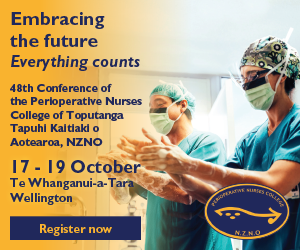Chief executive Paul Goulter also said the initiative “completely ignored” NZNO’s call to include nurses on the fast-tracked for residency “green list” announced in May.
Health Minister Andrew Little on Monday announced a range of measures to boost the health workforce, including up to $10,000 towards each overseas nurse’s New Zealand registration. Up to $5000 would also be available for nurses in New Zealand who had left the profession to re-register in an extension of the Return To Nursing programme.
The number of nurse practitioners being trained each year would also double from 50 to 100.
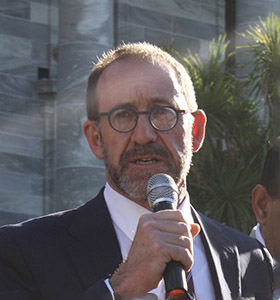
Te Whatu Ora (Health NZ) will become a “one-stop shop” for international health worker recruitment, immigration and registration support, under the plan.
Little said the plan was “just the start” and meant more health workers were trained locally, while removing cost barriers for overseas doctors and nurses to come here. This would ease pressure quickly, as well as bring in “a more long-term fix”, he said.
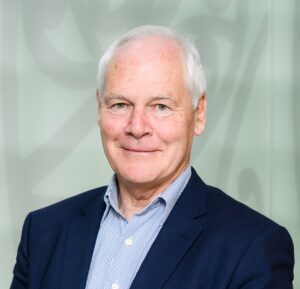
Goulter said he was pleased the Government had listened to NZNO, but the measures didn’t go far enough.
Any plan needed to retain nurses with good pay and conditions, as well as attract them, he said. While the financial incentives would likely bring people in, there appeared little to keep them there. “Yes, there are some elements that will attract people into nursing here, but there is little to retain them or ensure they have good pay and conditions,” he told Kaitiaki.
“Furthermore, it completely ignores our call for nurses to be put on the green list for immigration.” Announced in May, the green list allows 85 hard-to-fill professions including surgeons, specialists and psychiatrists to apply for residency after six months. Nurses are in the next tier, in which they must wait for two years before applying.
“Yes, there are some elements that will attract people into nursing here, but there is little to retain them or ensure they have good pay and conditions,
Ultimately, Aotearoa needed to focus on growing its own nursing workforce, Goulter said. “We need to build the capacity to grow our own nurses.”
Addressing the nursing shortage is the key focus of NZNO’s Maranga Mai! campaign, launched in May, which calls for te Tiriti to be embedded across the health system; more nurses across all sectors; pay and conditions which value nurses; more nurses in training and more Māori and Pacific nurses.
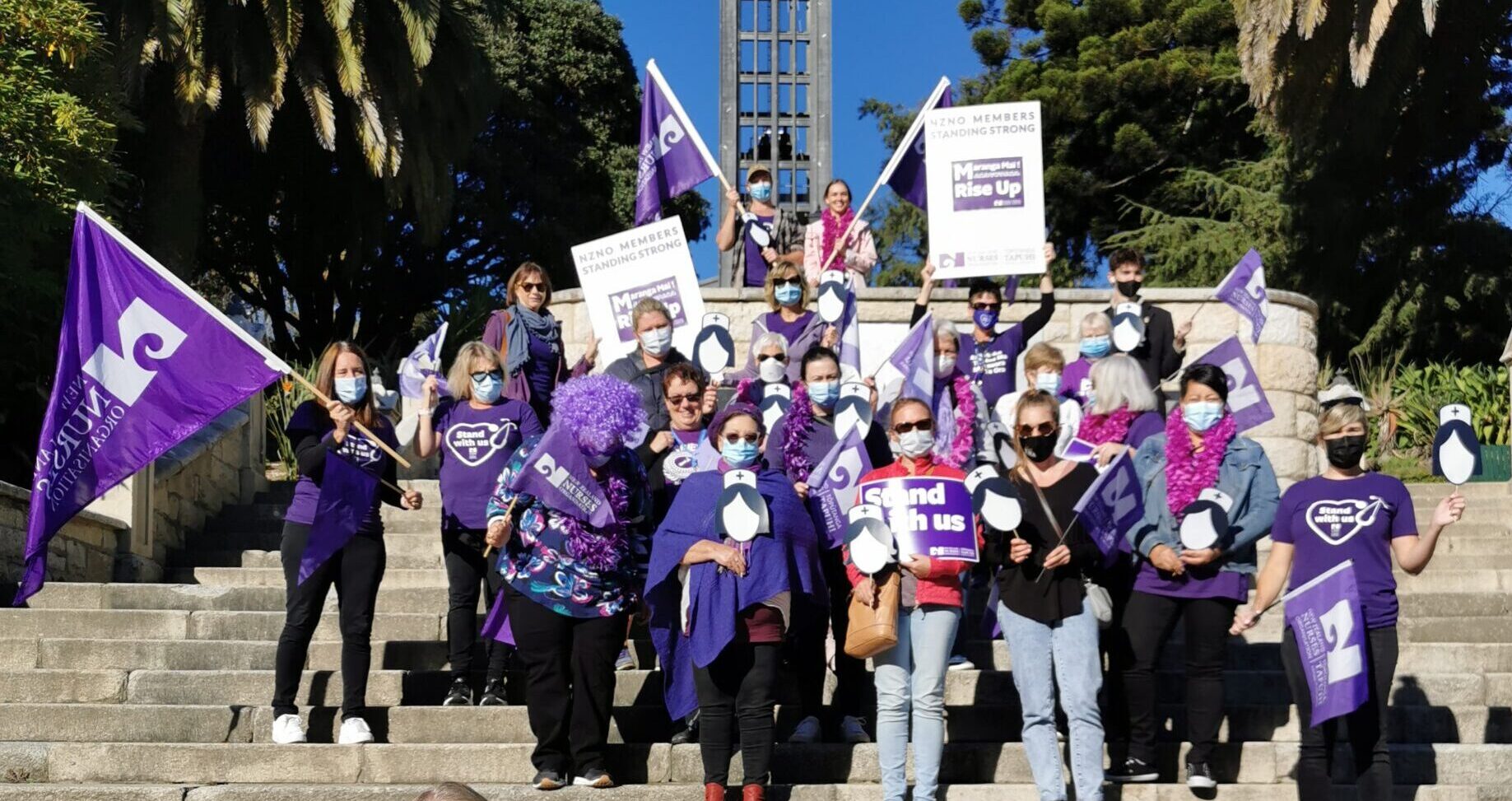
Goulter said the Government appeared to have listened and responded to NZNO’s campaign.
Little said today’s health workforce pressures had been “decades” in the making, but exacerbated by COVID-19 and “the worst flu season in living memory”.
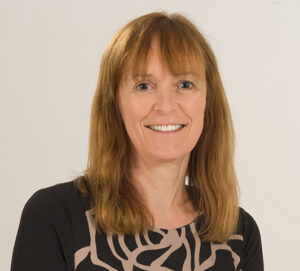
He said the measures were “just the start” of a national health workforce plan, which was being led by former Auckland District Health Board chief executive Ailsa Claire.
That included looking at streamlining registration processes for overseas-trained nurses.
However, there would be a “strong emphasis” on growing and supporting the Māori health workforce, a key focus for the Māori Health Authority. Growing the Pacific health workforce was also a focus, Little said.
Government plan to boost health workforce:
- Up to $10,000 towards international nurses’ registration and competency tests in New Zealand, as part of “streamlining” the entry of overseas-trained health professionals.
- Up to $5000 to support New Zealand nurses who have left the profession to re-register.
- Doubling the number of nurse practitioners trained each year from 50 to 100.
- National and international health-care recruitment campaign.
- Dedicated recruitment, immigration and registration support services within Te Whatu Ora to assist international health workers’ move to New Zealand.
- Supporting people who “stepped up” to work in the COVID-19 vaccination programme to enter the health workforce.



